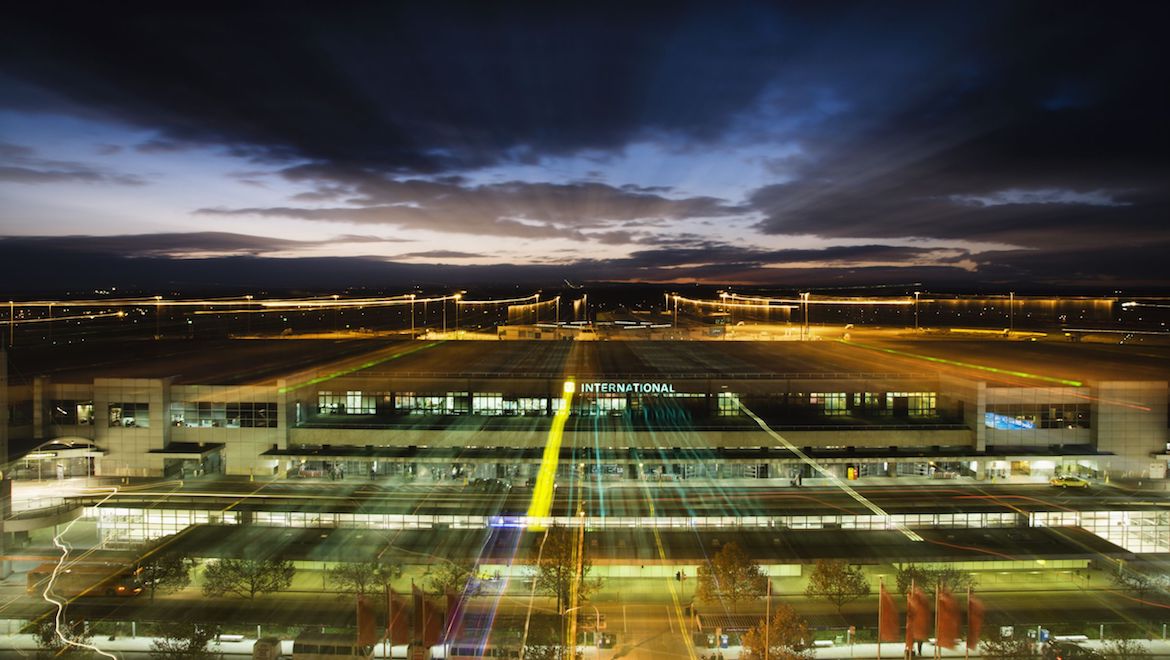
Vocal and public campaigning from Australia’s two largest airline groups has failed to sway Australia’s Productivity Commission from changing its position on the need for arbitration to resolve disputes between airport users and operators.
The Productivity Commission’s final report, tabled in federal parliament on Tuesday, struck a similar tone to the draft report published in February, which said the current regulatory arrangements were fit for purpose and had benefitted the community.
Further, it said Australia’s largest airports – Brisbane, Melbourne, Perth and Sydney, which are subject to monitoring by the Australian Competition and Consumer Commission (ACCC) – “have not systematically exercised their market power”.
While the final report did call for the monitoring regime to be strengthened to “enhance transparency over airports’ operations and to more readily detect the exercise of market power”, it rejected calls to allow airports and airlines that did not reach agreement on a pricing regime during negotiations to have a decision arbitrated on their behalf.
It said the negotiate-arbitrate regime would have few benefits and substantial risks and should not be implemented.
“There is no doubt that some commercial negotiations between airports and airlines have been challenging but, on balance, airports have not exercised their market power in their negotiations or conduct,” the Productivity Commission final report said.
“An airport-specific negotiate-arbitrate framework that bypasses the protections offered by the National Access Regime would have perverse effects, leading to outcomes that would harm competition and the community.
“The benefits would need to be very large for the costs and risks of such a framework to be tolerable. They are not.”
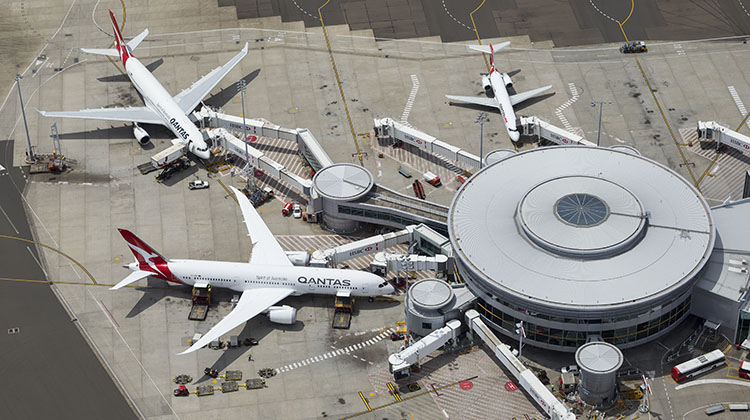
Australian Airports Association chief executive Caroline Wilkie said the Productivity Commission’s final report showed commonsense had prevailed in the debate over the need for a new arbitration framework.
Further, Wilkie said the airline had “failed to make the case for more regulation”.
“We are pleased the facts presented over the course of this process have proven the significant benefits airports are delivering to our economy and community,” Wilkie said in a statement.
“Adoption of the Commission’s recommendations will provide the stability needed for Australian airports to continue to invest and grow.”
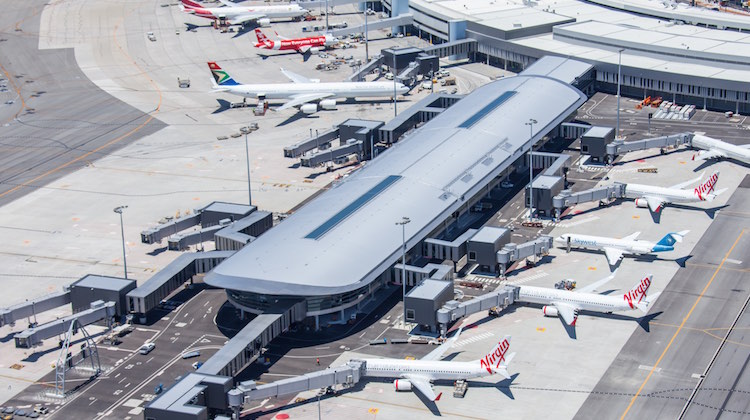
By contrast, International Air Transport Association (IATA) area manager for South West Pacific Matteo Zanarini said the Productivity Commission had ignored the collective views and concerns of airlines and airport users.
“We have consistently highlighted throughout the inquiry period the serious concerns of airlines and that the current light-handed regime of economic regulation is ineffective in protecting the interests of airlines passengers, and the people and businesses accessing the airport precinct,” Zanarini said in a statement on Wednesday.
“The conclusion of PC’s final report is wrong. The existing regulatory regime is ineffective.”
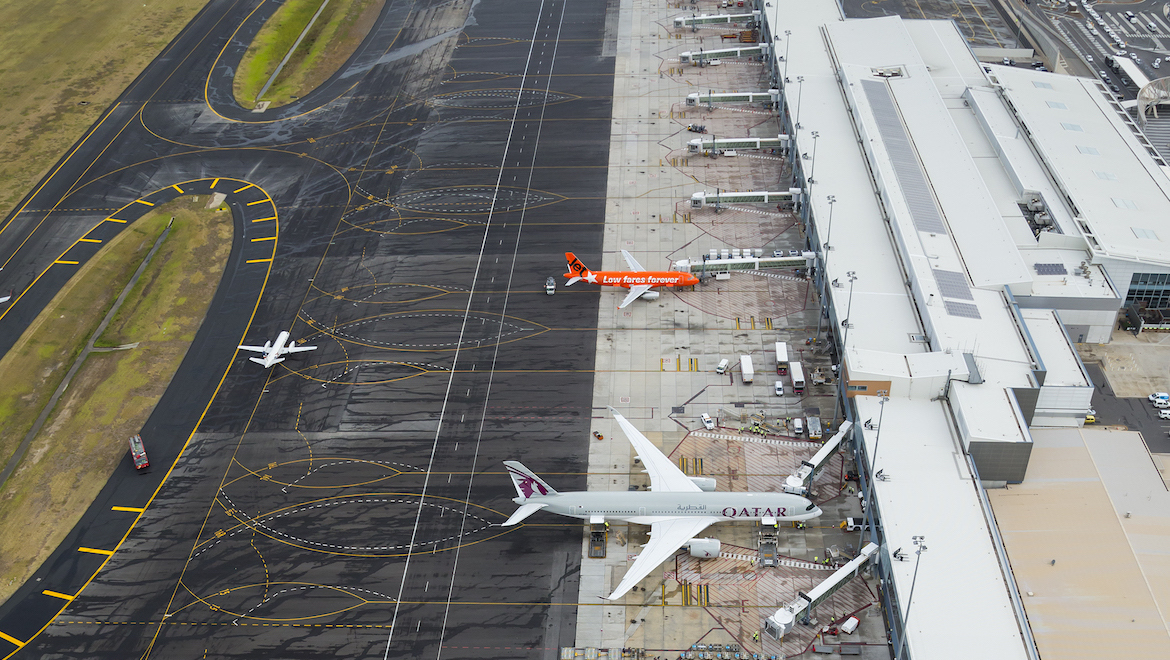
The Board of Airline Representatives of Australia (BARA) said the Productivity Commission’s final report had downplayed the genuine and legitimate concerns international airlines held regarding the provision and pricing of airport services.
“This risks normalising poor service outcomes as acceptable for Australia’s traveling public,” BARA executive director Barry Abrams said in a statement.
“BARA will continue to set a higher benchmark and seek a reasonable standard in airport services for the prices paid.”
BARA represented 33 airlines that fly into and out of Australia covering about 90 per cent of all international passenger services.
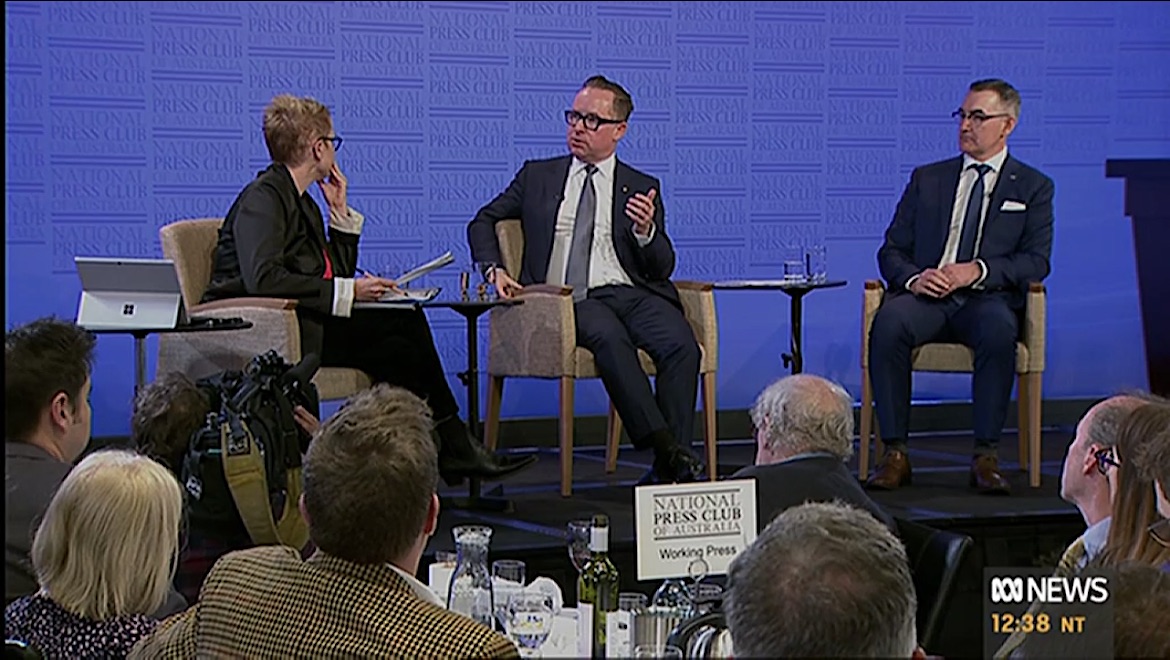
In September, Qantas chief executive Alan Joyce and Virgin Australia chief executive Paul Scurrah took their call for change to Canberra, appearing together at the National Press Club to try to convince the federal government to look past the conclusions the Productivity Commission inquiry.
And Airlines for Australia and New Zealand (A4ANZ) chairman Graeme Samuel reiterated those calls for Canberra to reject the recommendations of the final report.
“Better, fairer deals for airport users are what is needed, not five more years of the same issues and worse,” Samuel said in a statement.
“We know that, like the majority of Australians, the government are convinced there is a problem with our monopoly airports. We believe the government will act to address this, and await their response to this report.”
The final report can be found on the Productivity Commission website.















